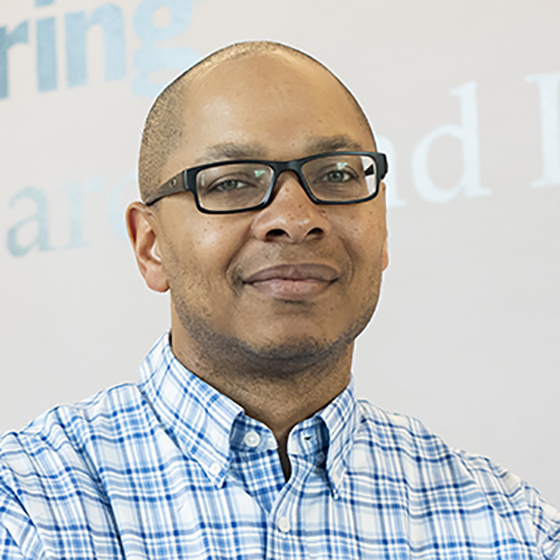Mark Lewis reappointed ORIE director
Mark Lewis, the Maxwell M. Upson Professor, has been reappointed as director of the School of Operations Research and Information Engineering. His reappointment is for a two-year period from July 1, 2022, to June 30, 2024. Read more about Mark Lewis reappointed ORIE director



